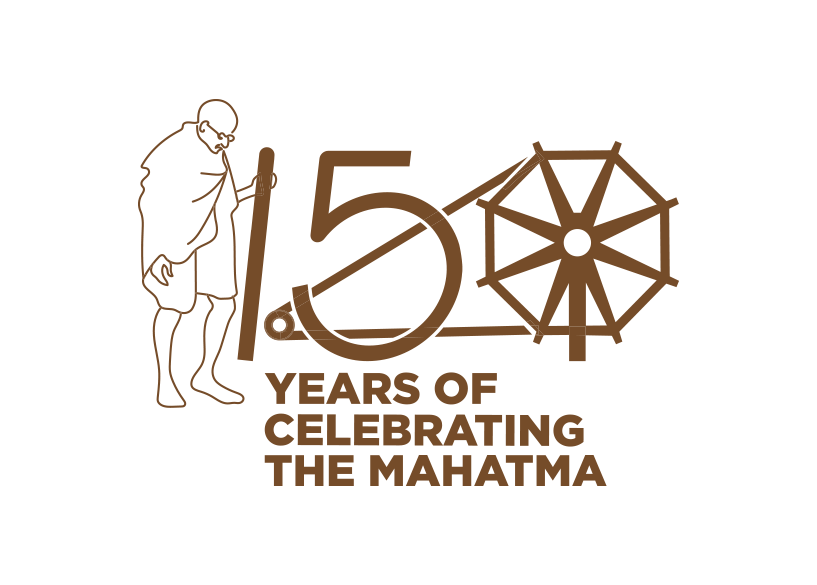About the Centre for Oral and Tribal Literature
India is known for its diversity and multiplicity of languages. As of today there are more than 1600 languages belonging to seven different language families spoken in the country. The multilingual mosaic has provided this country a philosophy of tolerance and love for others. Some of our languages are fortunate enough to be enshrined in written forms. However, a large number of them are preserved and sustained in oral forms. Our oral tradition is as old as 3500 years, and has been maintained till now. There are more unwritten languages in the country than the written ones. These languages are spoken by tribals as well as non-tribals. Some of them are spoken by migrated and marginalized societies. Some others are spoken in inaccessible islands, forests, hills and mountains.
Until the practice of printing and publishing literary works became well established during the nineteenth century (and for some languages in the early years of the twentieth century), literature in India existed mostly in oral traditions. Even when the literary works were written and handed down the generations in manuscript form, the general dissemination of literary work depended on its oral circulation. This oral casing included works from scriptures to folksongs and drama. Even after the medium of printing became well established in India, some of the oral traditions have survived. They include epics, plays, songs, stories, narratives, proverbs, and aphorisms.
Most of our oral literature faces the threat of being lost to oblivion because it neither enjoys institutionalized support nor it is preserved by inter-generational transfer anymore. It has been observed lately, that the vast amount of folklore and oral literature is not passed on to younger generation because of socio-economic pressures and thus, faces the danger of being lost to us. The absence of any written form of these languages further aggravates the situation of endangerment. Although writing systems and scripts are not new to us, a substantial amount of languages remain unwritten and thus, can neither take part in formal education nor they can be preserved for posterity. However, these languages are rich in all the genres of folk literature. They preserve indigenous and traditional knowledge of the society, environment and history. The oral and tribal literature emote current socio-political thought processes of the societies where they are spoken. In this regard, oral literature is always contemporary and current. It is the oral tradition that has helped us save information on human civilization and human coexistence.
Considering the vast amount of oral literature available in the languages of the seven language families of India, It is desirable to document, analyze, digitize and archive the enormous wealth of the country. The newly opened centre is destined to preserve our heritage in a systematic and scientific way so that Indian masses comprehend the world-view of our ancient societies and keep abreast with our traditional knowledge. The Akademi, proposes to archive the original oral texts available in these languages in audio and audio-video formats accompanied by translation in Scheduled languages and English in written forms for wider distribution.
Such an attempt will add extremely valuable materials to our literary histories and substance to our literary criticism.
|
|| Home | About Us | Contact Us | RTI | GST | Annual Report|| ||Annual Immovable Property Return | Internal Complaints Committee | Grantees List || |
Last Updated : 30.01.2026 |




